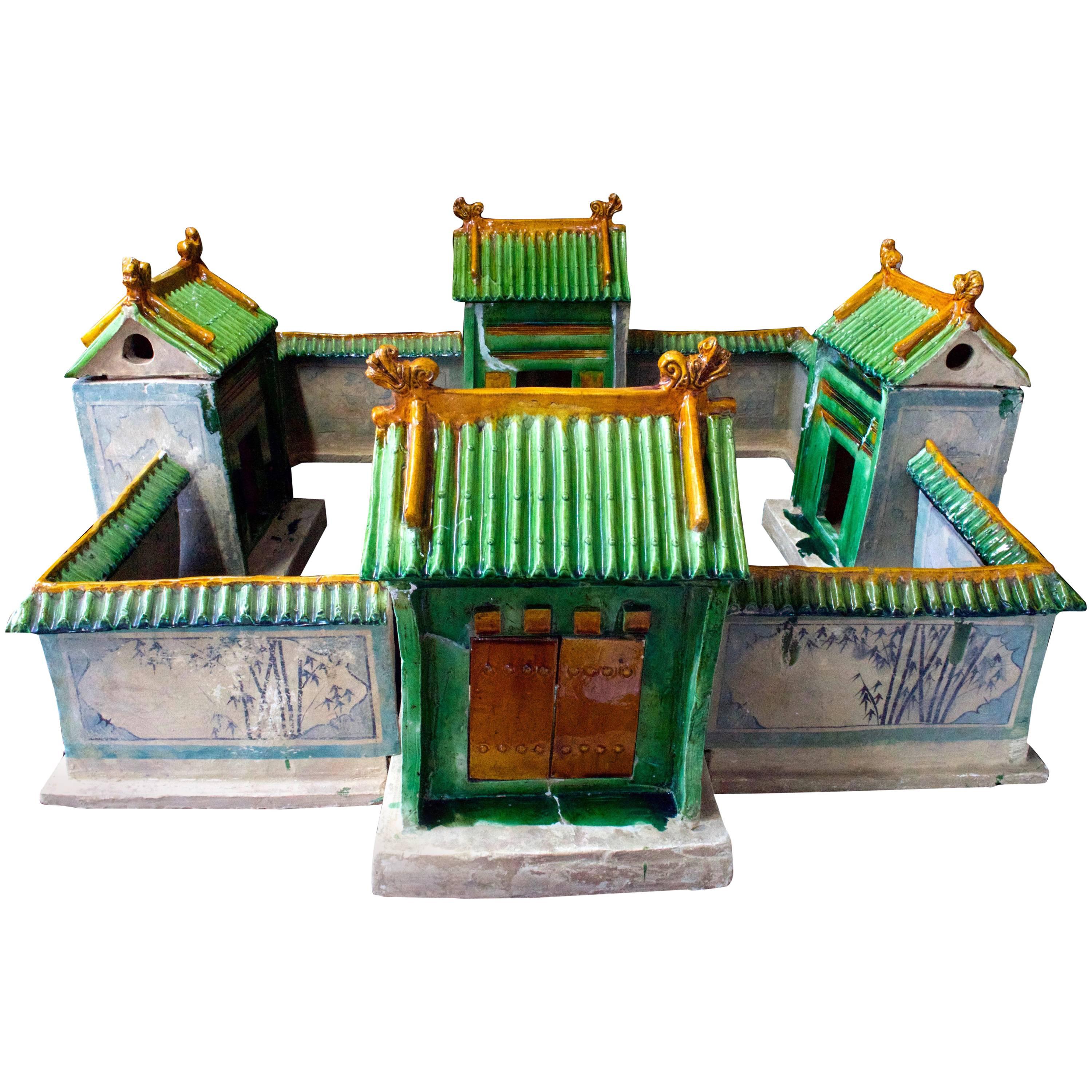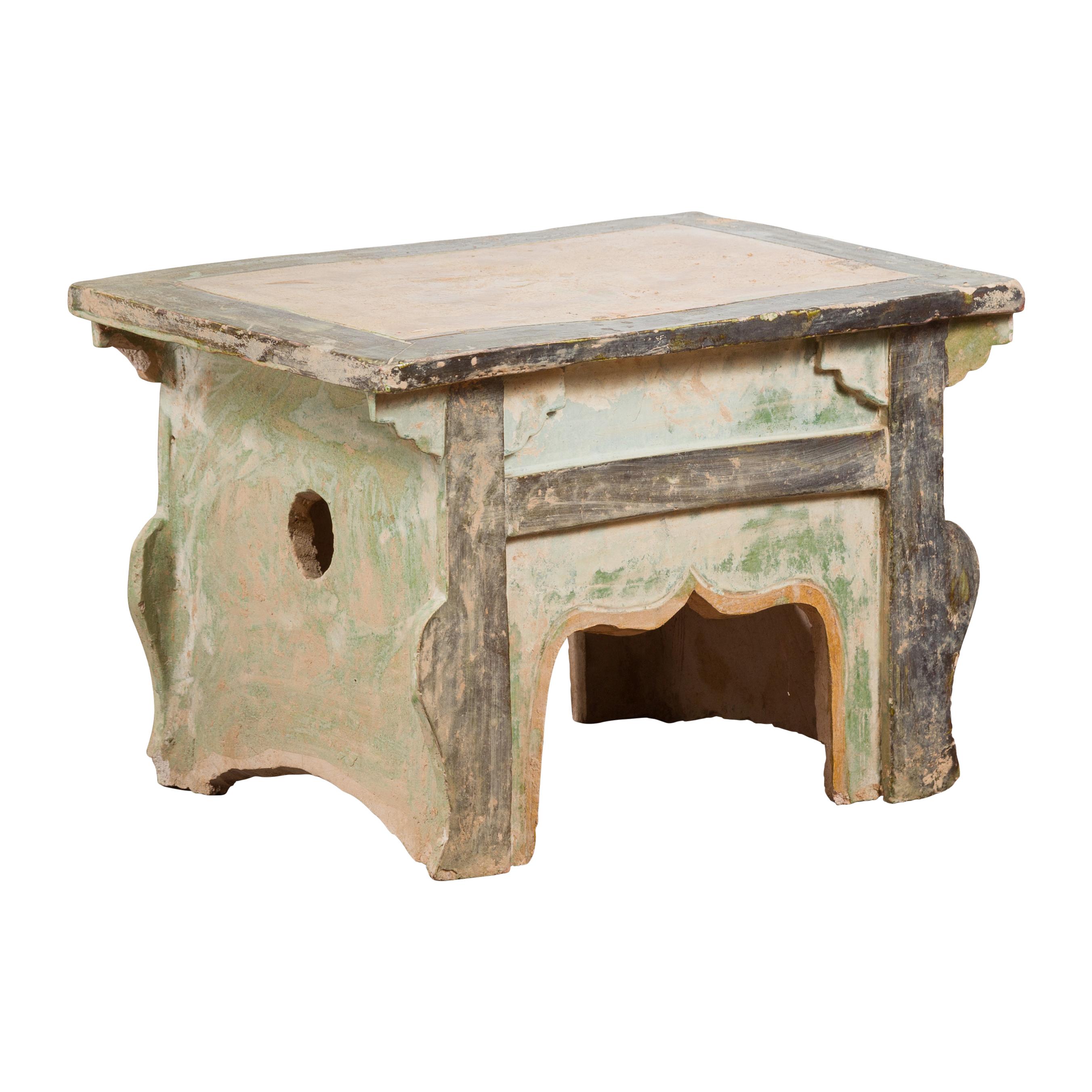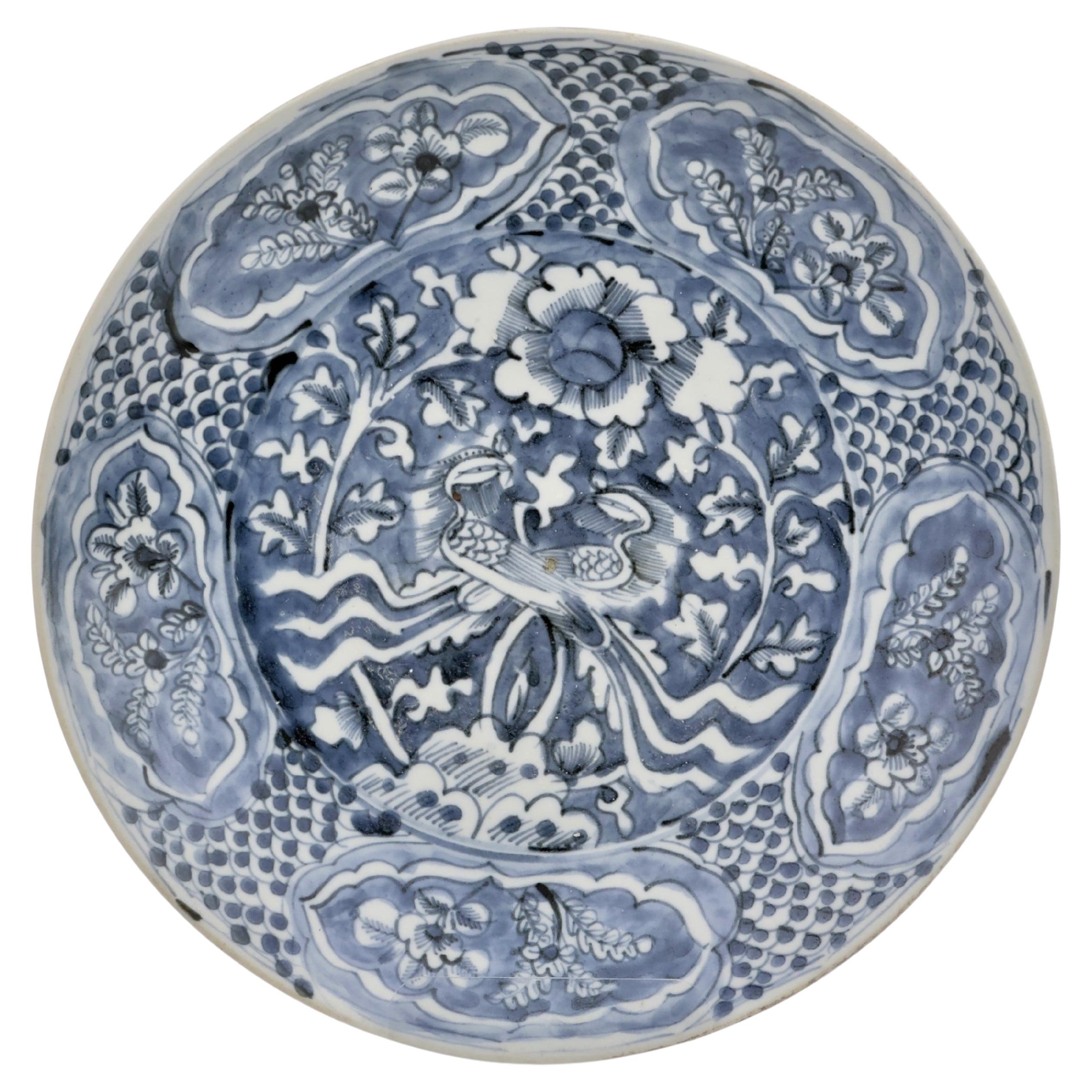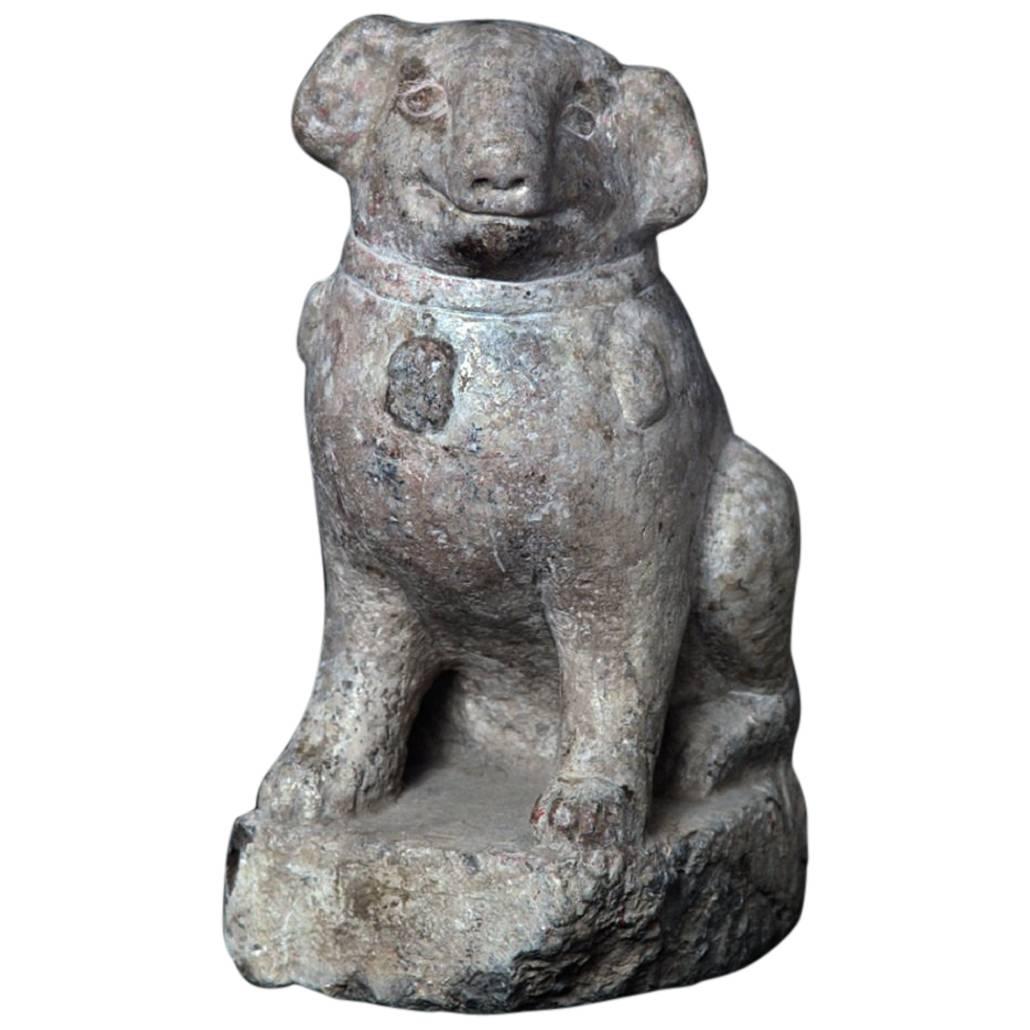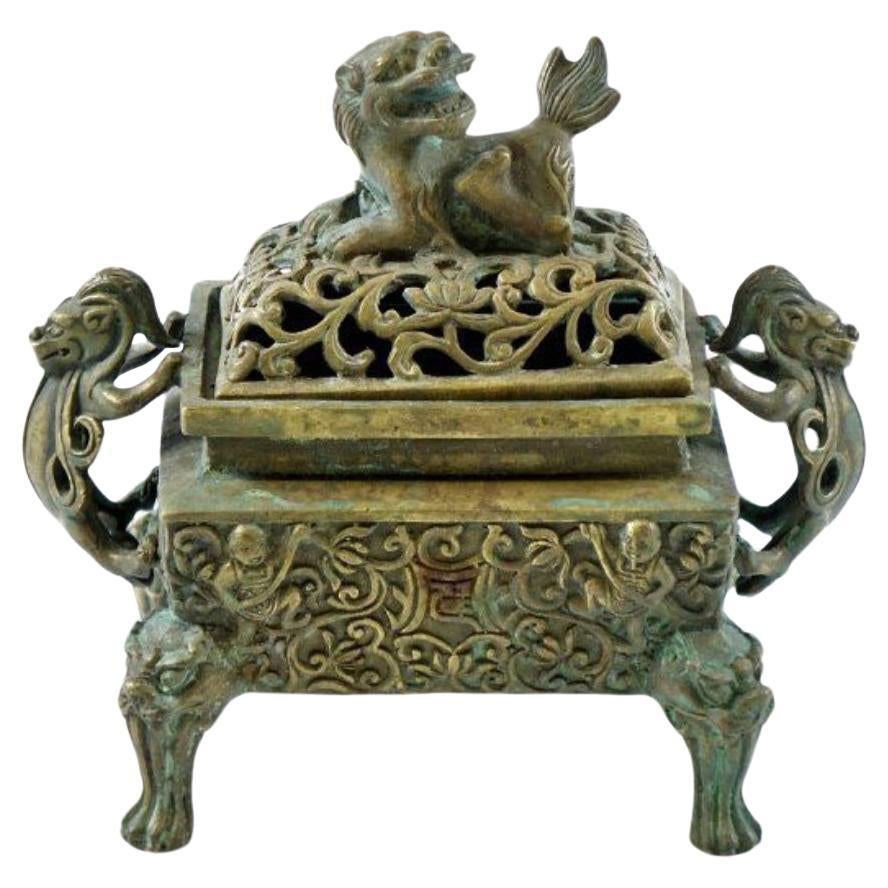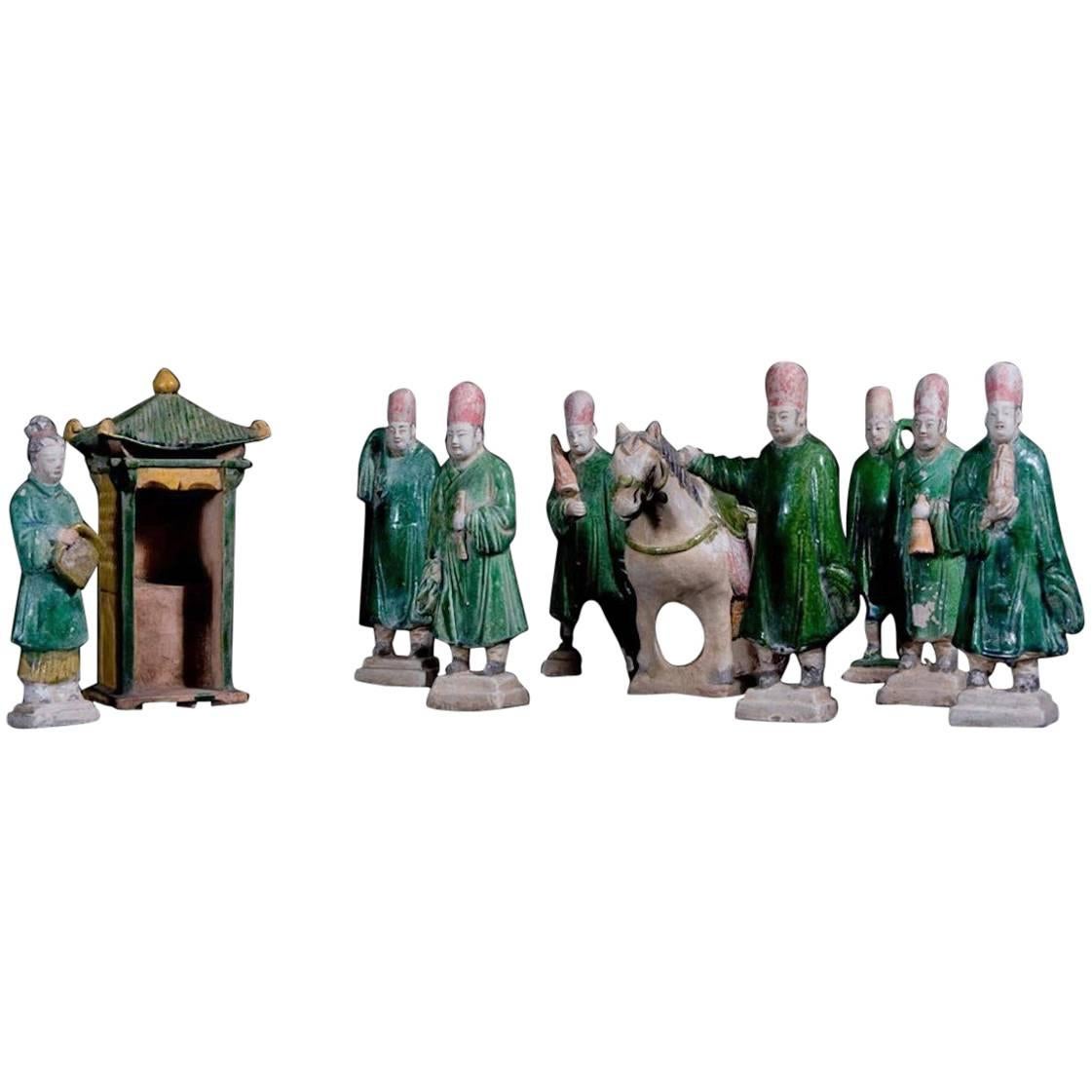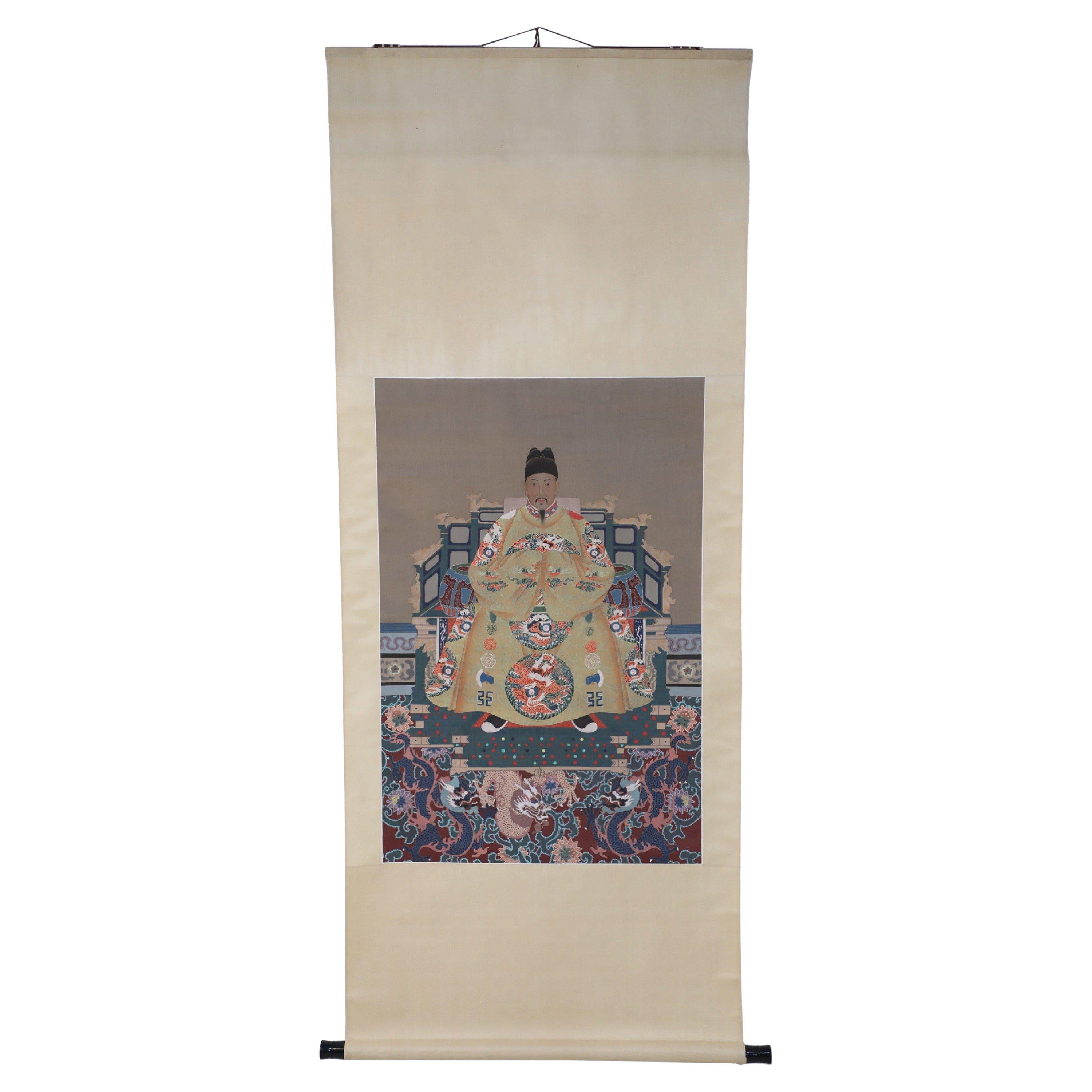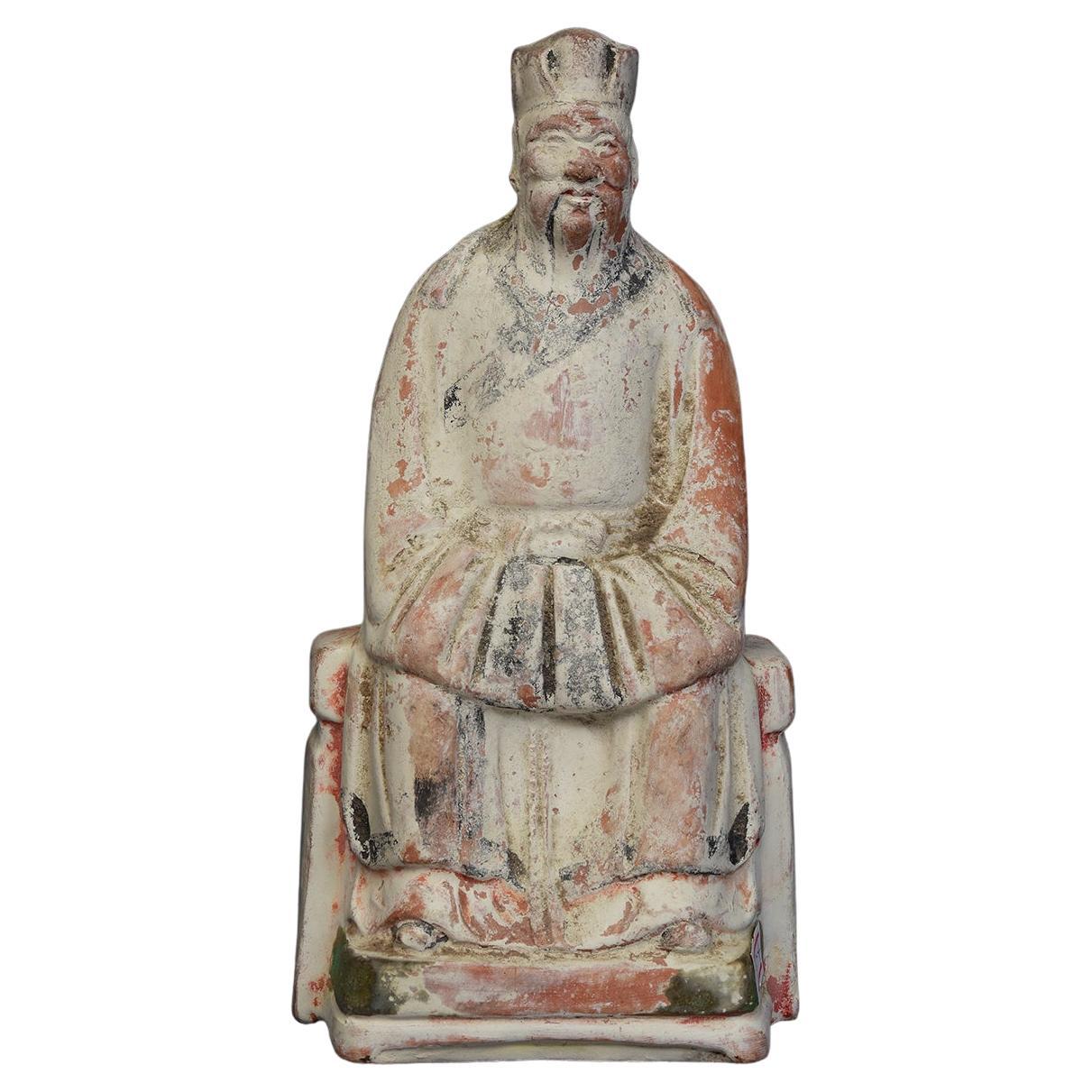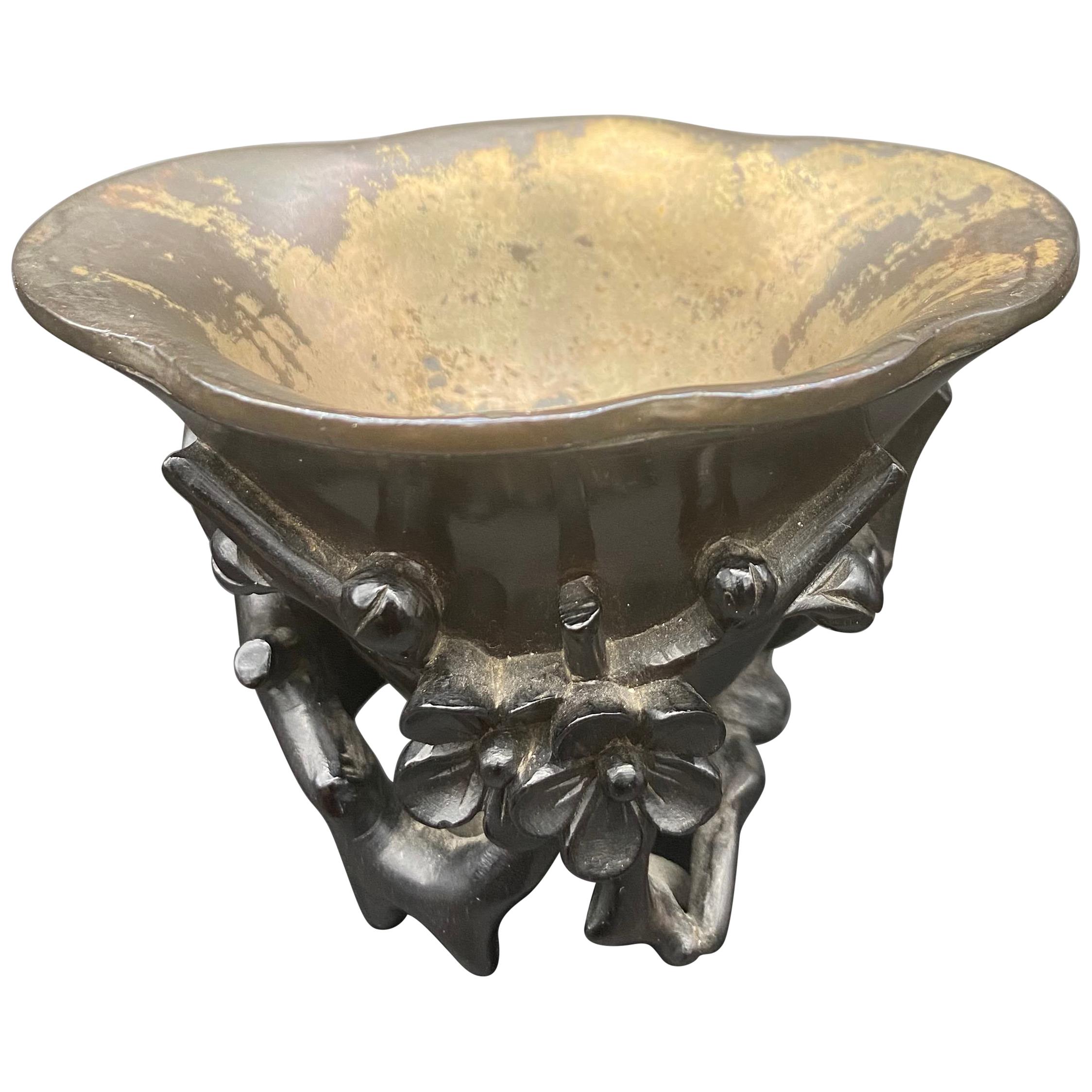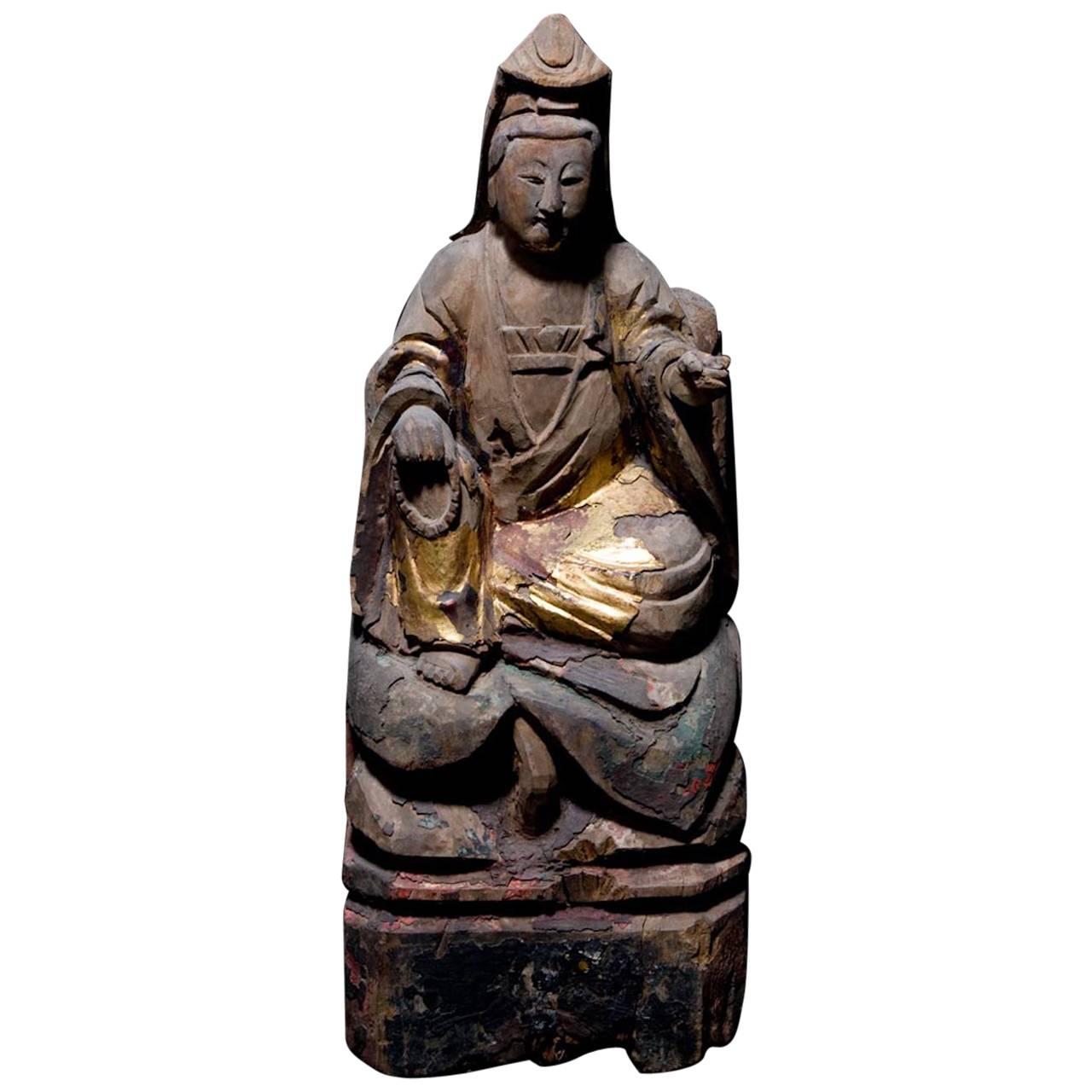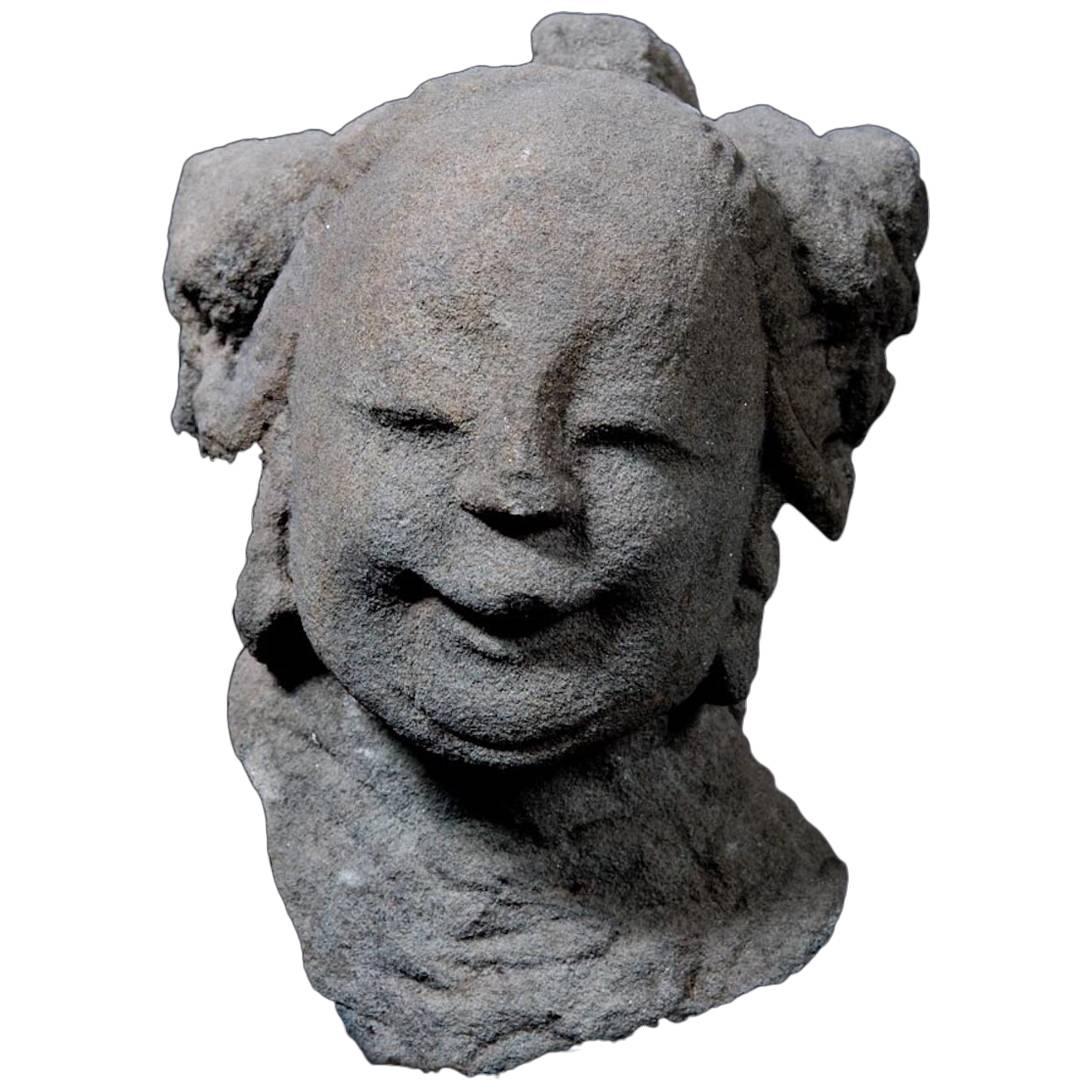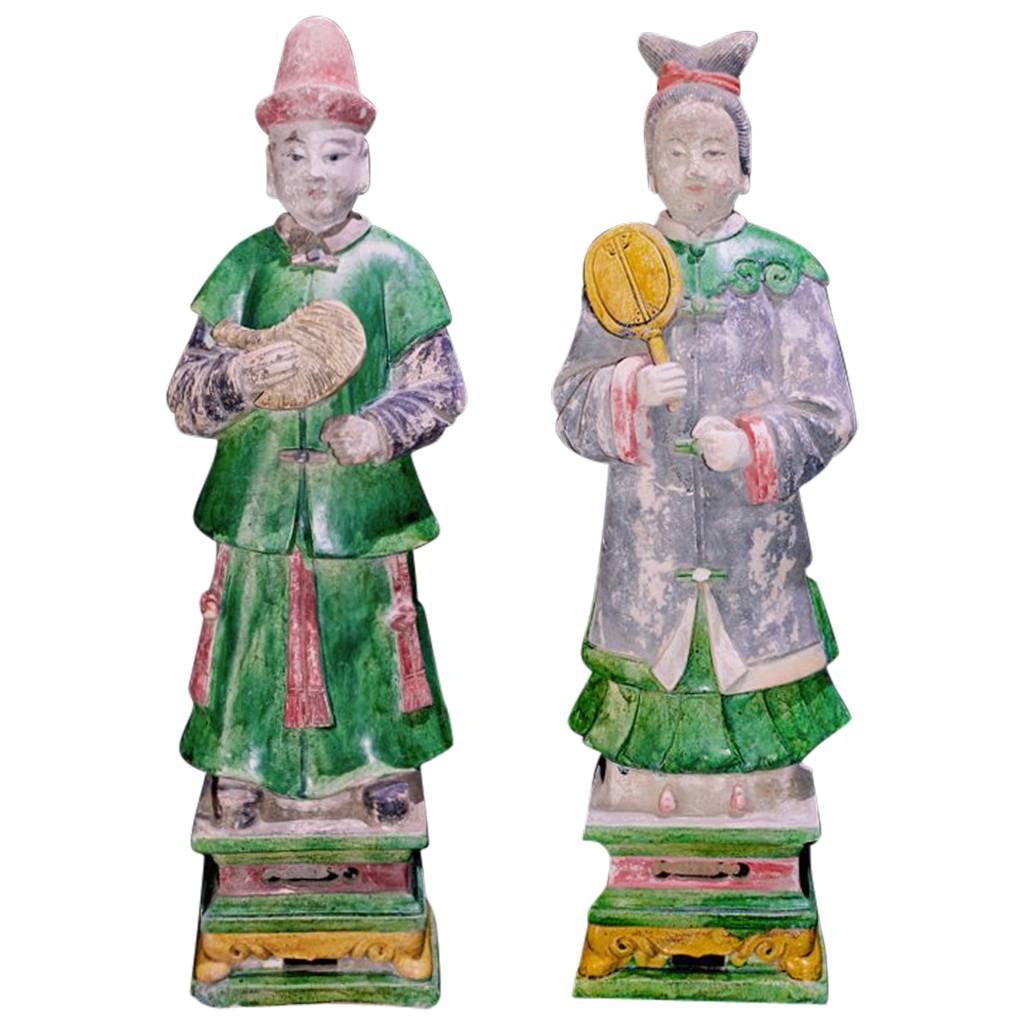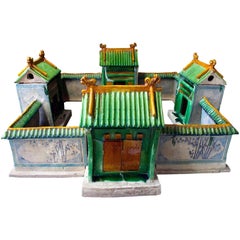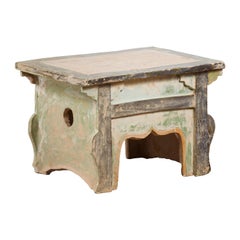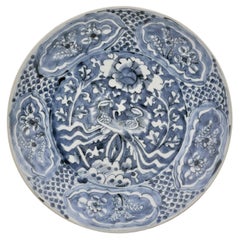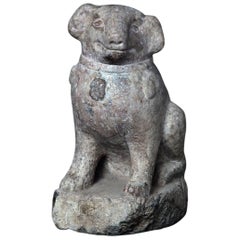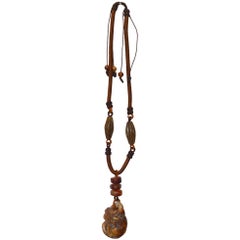
Chinese Ming Dynasty Jade Monkey Necklace
View Similar Items
1 of 7
Chinese Ming Dynasty Jade Monkey Necklace
$2,500List Price
About the Item
- Dimensions:Height: 1.5 in (3.81 cm)Diameter: 2.5 in (6.35 cm)
- Style:Ming (Of the Period)
- Materials and Techniques:
- Place of Origin:
- Period:
- Date of Manufacture:1368-1644
- Condition:Wear consistent with age and use.
- Seller Location:Laguna Beach, CA
- Reference Number:Seller: P-27201stDibs: LU1747211768971
Authenticity Guarantee
In the unlikely event there’s an issue with an item’s authenticity, contact us within 1 year for a full refund. DetailsMoney-Back Guarantee
If your item is not as described, is damaged in transit, or does not arrive, contact us within 7 days for a full refund. Details24-Hour Cancellation
You have a 24-hour grace period in which to reconsider your purchase, with no questions asked.Vetted Professional Sellers
Our world-class sellers must adhere to strict standards for service and quality, maintaining the integrity of our listings.Price-Match Guarantee
If you find that a seller listed the same item for a lower price elsewhere, we’ll match it.Trusted Global Delivery
Our best-in-class carrier network provides specialized shipping options worldwide, including custom delivery.You May Also Like
Ming Dynasty Chinese Countryside Villa - TL Tested
Located in San Pedro Garza Garcia, Nuevo Leon
Extremely rare Chinese model of a countryside villa for the royal courtiers and ministries of the Ming Dynasty -1368-1644 AD- showing three guest houses and one main entry. The villa is surrounded by a cuadrangular wall painted with bucolic scenes of garden, mountains, and bamboo forests. The roof tiles are glazed in green enamel with yellow finials – as the ones in the forbidden city – typical from the Ming epoch. Truly a museum piece. The doors swivel and are painted in ochre. State of preservation: impeccable mint condition with original paintings, all of the original parts are complete, except for one house which is missing part of the plinth (broken during transport). Each part has been tested for authenticity, consisting of eight separate TL tests...
Category
Antique 15th Century and Earlier Chinese Ming Antiquities
Materials
Terracotta
Petite Chinese Ming Dynasty Period Glazed Pedestal with Polychrome Finish
Located in Yonkers, NY
A petite Chinese Ming Dynasty glazed pedestal from the 15th or 16th century with polychrome finish. Crafted in China during the prestigious Ming Dynasty, this petite pedestal table...
Category
Antique 16th Century Chinese Ming Antiquities
Materials
Ceramic
Chinese Swatow Blue and White Ceramic Dish, Late Ming Dynasty
Located in seoul, KR
Famous late ming dynasty chinese blue and white porcelain plate, double phoenix, from the shipwrecked binh thuan
Period: Ming Dyn...
Category
Antique 16th Century Vietnamese Ming Antiquities
Materials
Ceramic
Important Ancient Chinese Effigy Pug Dog, Ming Dynasty 1368-1644
Located in South Burlington, VT
China, a carving of a canine “Pug”, Ming Dynasty, 1368-1644 CE
Dimensions: 38 cm, 15” High
Photographs taken indoors and out of doors for your viewing pleasure.
The hand carved limestone beast shown on its haunches with naturalistic joyful expression and a well defined compact head, ears, noes, eyes, feet, and tail parted to one side on reverse with distinctive collar ornament seated four square on a thick base all-over showing a weathered surface from significant age.
Formerly exhibited “Asia Week” New York City, Fuller Building, Hutton Gallery 2006.
Provenance: ex collection luoyang, Henan Province, China.
Includes custom display base as shown
Catalog reference: 35 years collecting 35 treasures, Number 35, p.76 (photo)
In ancient China, it is a well-known fact that several types of small dogs were bred and were favored pet gifts between emperors and kings including Lion Dogs, Pekingese and Lo-sze breeds. Some Lo-sze are pictured wearing collars with bells a frequent combination fancied by European royalty of the seventeenth and eighteenth centuries. Lo-sze or pugs were prized for their compact body, good bones, flat face, square jaw, short coat, curled tail, side set back ears, and temperate disposition.
History:
Placing stone animals in important tombs can be traced back at least to the Qin Dynasty (221-206 BCE), some two thousand years ago. In ancient times, stone animals and human figures placed before imperial tombs symbolized royal power and privilege in addition to decorative functions.
The first Ming tomb...
Category
Antique 15th Century and Earlier Chinese Ming Sculptures and Carvings
Materials
Limestone
$6,800 Sale Price
20% Off
Antique Bronze Chinese Foo Lion Incense Burner - Marked Ming Dynasty
Located in Newmanstown, PA
Antique Bronze Chinese Foo Lion Incense Burner - Marked Ming Dynasty - H 6" x W 3" x L 6"
Category
Antique 16th Century Chinese Ming Antiquities
Materials
Bronze
Impressive Terracotta Funerary Procession - Ming Dynasty, China '1368-1644 AD'
Located in San Pedro Garza Garcia, Nuevo Leon
Impressive Funeral Ensamble of 10 Terracotta Glazed Figures in green and caramel colors depicting a votive procession with a palanquin, his four carriers, a horse, a stableman, two musicians, and an offering carrier.
This ensemble is accompanied by a Certificate of Authenticity, and Certificate of Expertise by Jean-Yves Nathan - Specialist in Asian Arts for the CEDEA (The European Confederation of Art Experts).
Burial figurines of graceful dancers, mystical beasts, and everyday objects reveal both how people in early China approached death and how they lived. Since people viewed the afterlife as an extension of worldly life, these figurines, called mingqi, sometimes referred as “spirit utensils” or “vessels of ghosts” disclose details of routine existence and provide insights into belief systems over a thousand-year period.
The Ming dynasty was the ruling dynasty of China – then known as the Empire of the Great Ming – for 276 years (1368–1644 AD). Founded by Chu Yuan-chang, the rebel leader that was successful in removing the mongols from the throne. Chinese control was re-asserted in China and eastern Asia. Literature became more important, schools were created, and the justice system was reformed. The Ming dynasty is described by some as "one of the greatest eras of orderly government and social stability in human history,” was the last imperial dynasty in China ruled by ethnic Han Chinese.
The practice of burying ceramic objects with the deceased went into decline from the 10th to the 14th Century AD. There was a revival in placing miniature representations of glazed terracotta objects such a furniture, food offerings, horses, miniature statues...
Category
Antique 15th Century and Earlier Chinese Ming Antiquities
Materials
Terracotta
Recently Viewed
View AllMore Ways To Browse
Monkey Necklace
Carved Jade Ming
Antique Stone Monkey
Chinese Ming Jade
Ming Dynasty Jade
Jade Monkey
Carved Jade Monkey
Carved Monkey Necklace
Rare Antiquities
Han Dynasty
15th Century Japan
Vietnam Blue
Hong Kong Antique Furniture
Bronze Age Antiquities
Antique Furniture Vietnam
Antique Chinese Furniture Hong Kong
Korean Silk
Dynasty Hong Kong
